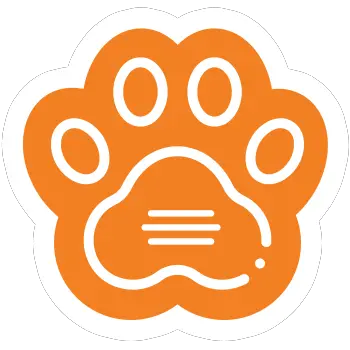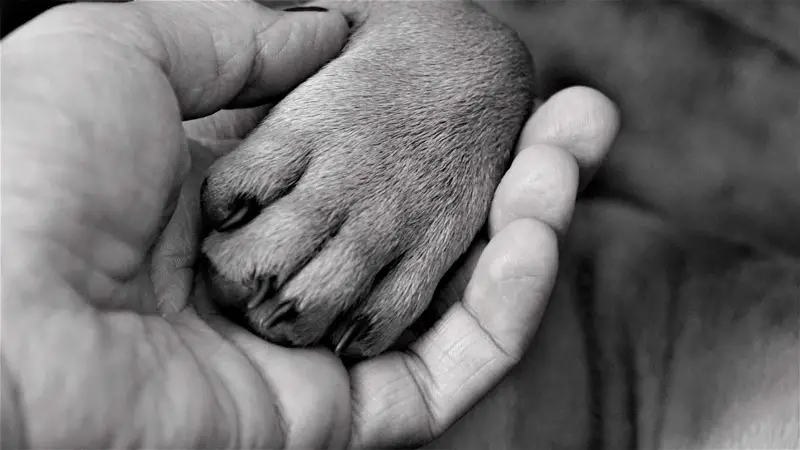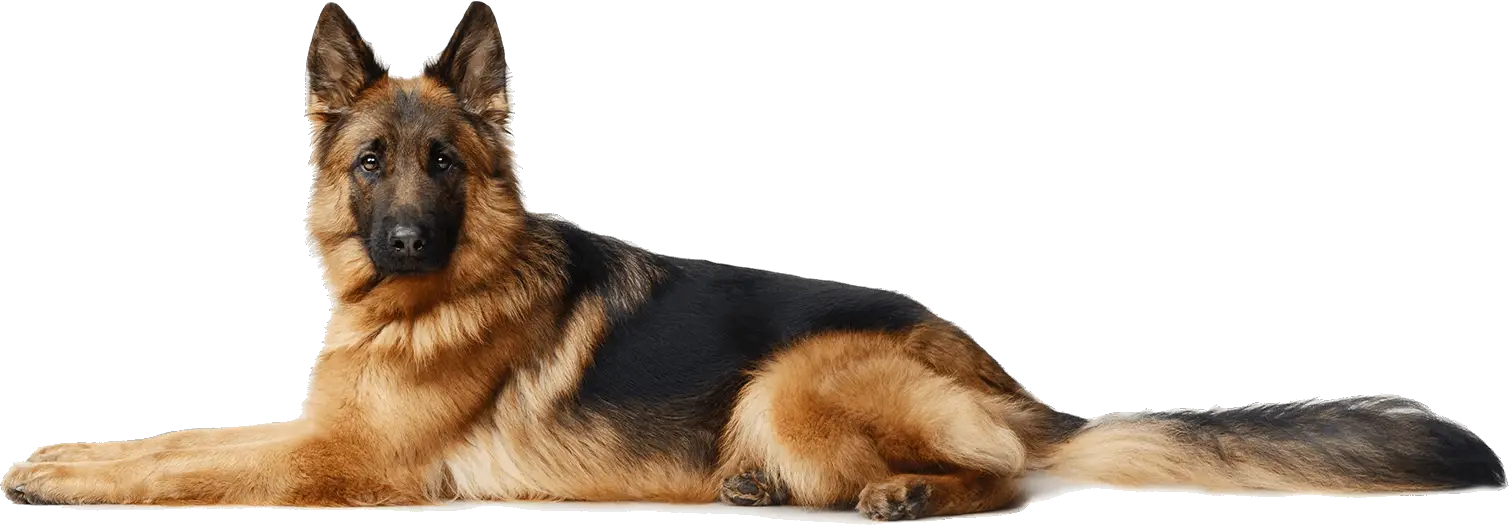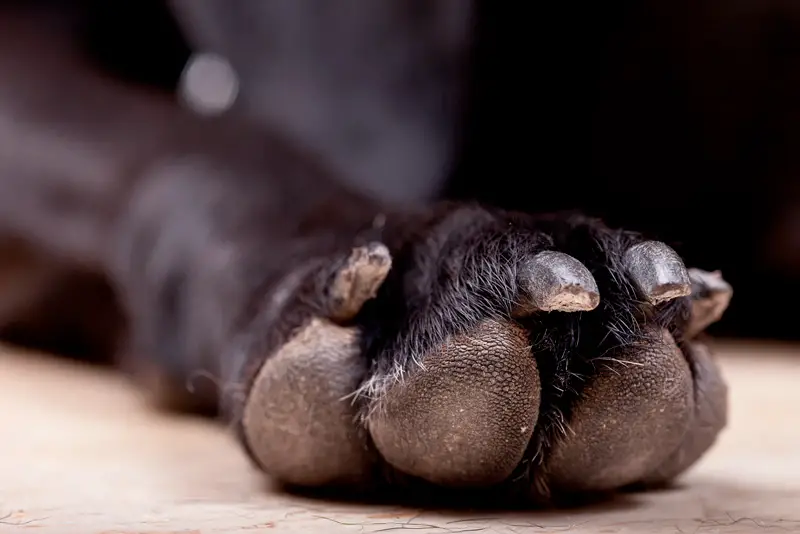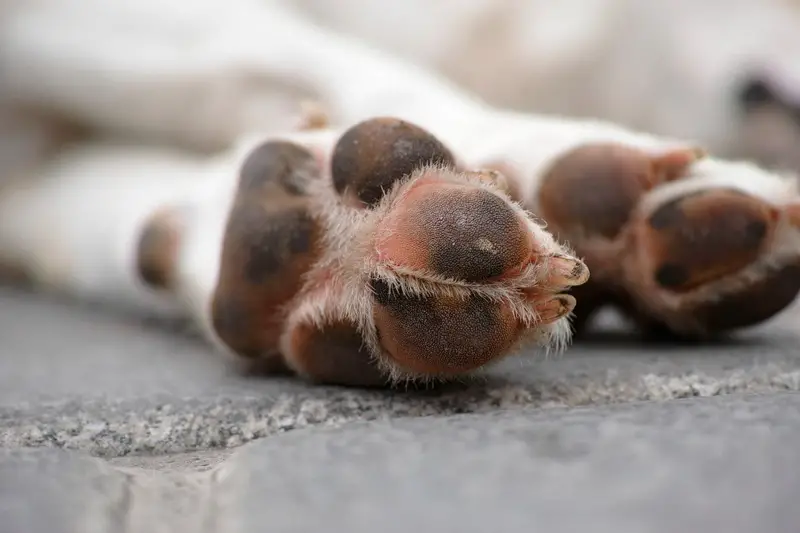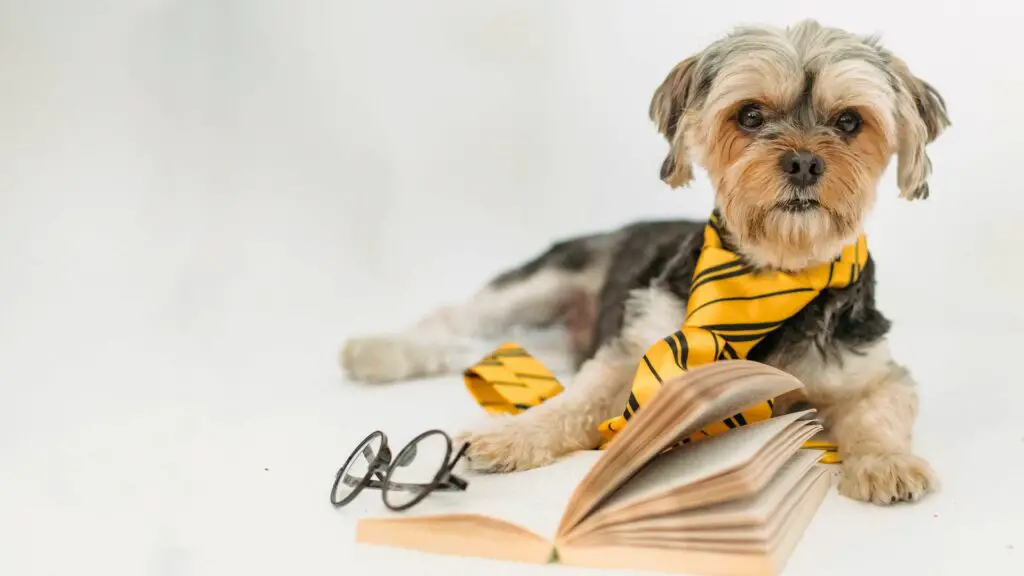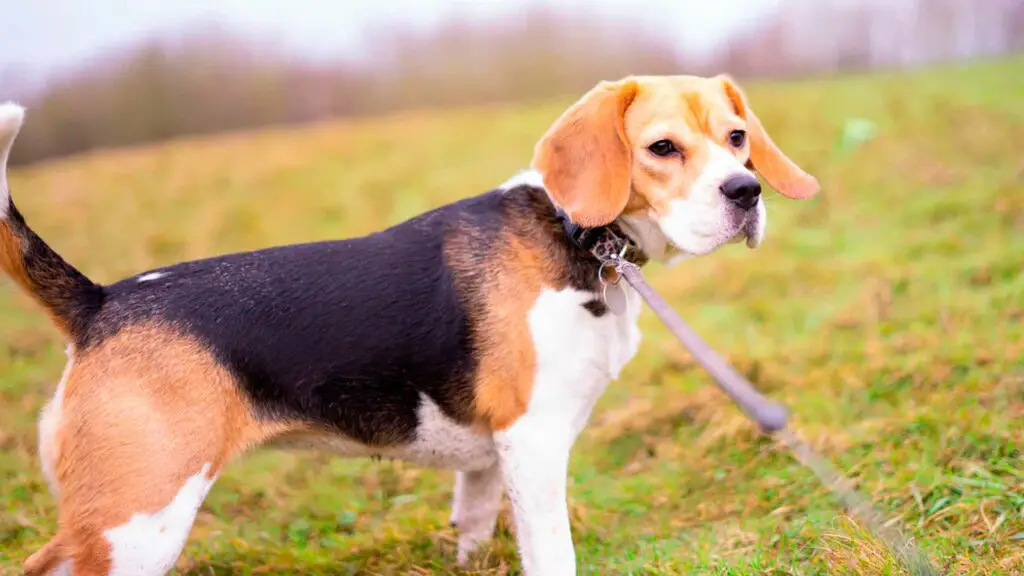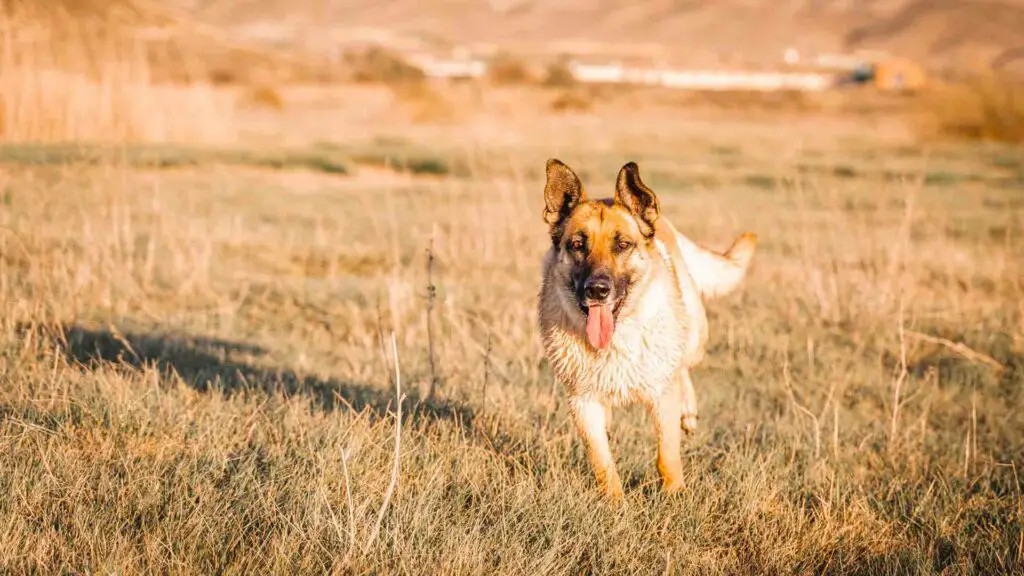The Most Common Reasons That Dogs Chew Their Paws
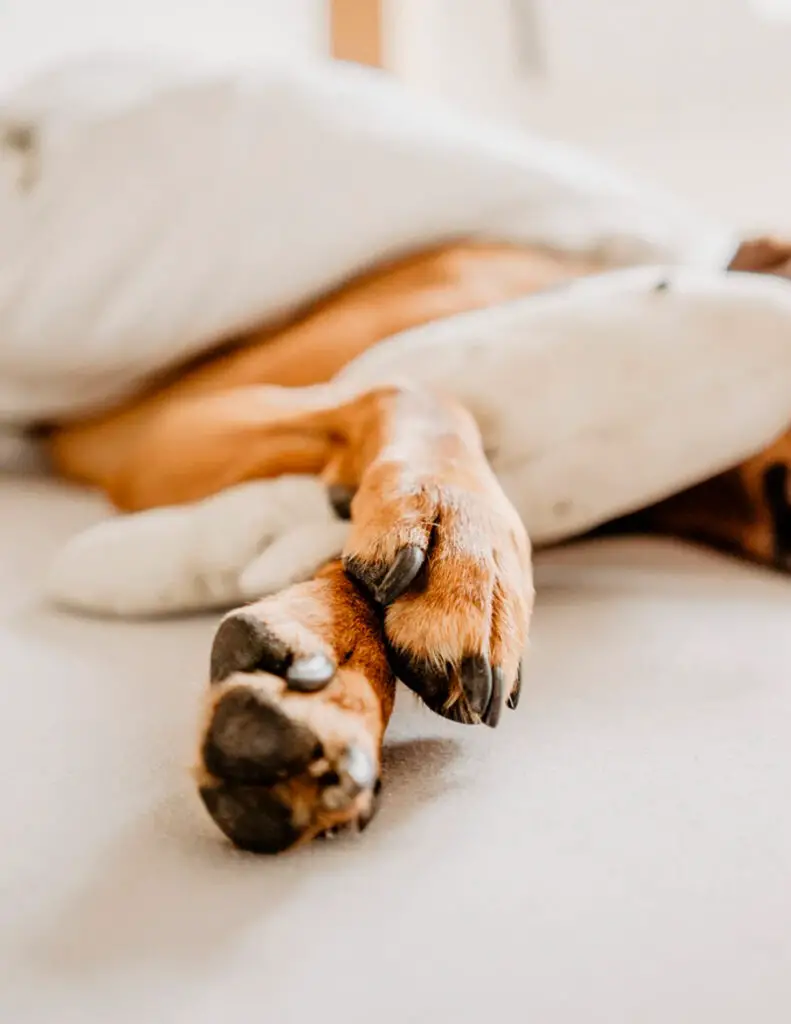
Could It Be An Allergy?
The number one reason for dogs chewing their paws is allergies. Yes, just like humans, dogs are prone to this problem. Many factors can contribute to developing an allergy, such as an unclean environment, excess moisture, pollen, mold, and food.
There’s also the possibility of developing a skin condition and reacting to chemicals from items around the house or the new shampoo you got for them. So, ensure you check all these factors and ask the vet about it too.
Is Their Skin Drying Up?
I am sure you have noticed that our skin tends to get dry and itchy in winters. Likewise, your dog may be suffering from the same issue, and they are feeling itchy too. Moreover, this could also indicate that your dog is not getting enough fatty acids in its food. If you aren’t aware, fatty acids help moisturize and strengthen the skin.
Are They Feeling Anxious Or Stressed?
Dogs tend to resort to chewing or licking their paws when they are ill. But they also showcase such behavior when going through stress, anxiety, or even depression. Several dogs suffer anxiety due to lack of exercise, playtime, or even separation.
So, make sure you give your dog enough attention, don’t miss their daily walks. They are your best friends and love your company. Don’t deprive them.
Are They Physically Hurt?
Very easy to overlook this, but your dog may have got himself hurt on his last walk or playtime. You know how excited they get, don’t you? Sometimes that excitement can cause unfortunate accidents. And the damage caused is not immediately apparent.
Check your dog’s paws for cuts, wounds, thorns that may be stuck, or a glass shard. If they are chewing, licking, or trying to scratch there repeatedly, chances are there is something stuck there.

